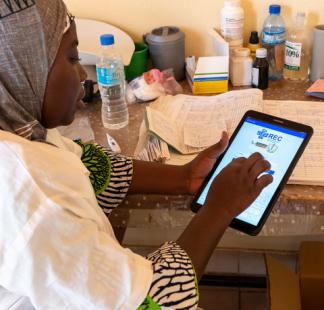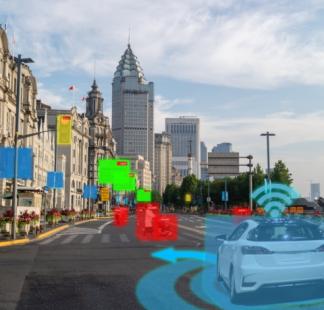17 Aug 2026 - 21 Aug 2026
Face to Face
This training provides a comprehensive understanding of the key challenges and success factors involved in investing in digital government with a…
Registration:
Open until 17 May 2026
Languages:
- English
24 Aug 2026 - 28 Aug 2026
Face to Face
Este curso ofrece una visión integral sobre el papel estratégico de la infraestructura de fibra óptica en el desarrollo digital de países emergentes…
Registration:
Open until 22 May 2026
Languages:
- Spanish
Open
Online self-paced
Children, or everyone under the age of 18, make up an estimated one in three internet users globally. The digital world provides children with…
Languages:
- English
31 Aug 2026 - 02 Oct 2026
Online instructor led
El curso Políticas y regulación en telecomunicaciones: adaptación a nuevas tendencias globales está diseñado para ofrecer a los participantes una…
Registration:
Open until 12 Aug 2026
Languages:
- Spanish
31 Aug 2026 - 03 Sep 2026
Face to Face
This course is designed to introduce the in-depth concept of cyber threat intelligence to participants and provide them with the practical experience…
Registration:
Open until 07 Jun 2026
Languages:
- English
Open
Online self-paced
This self-paced training course offers an introductory exploration of strategic foresight tailored to individuals engaged in fostering digital…
Languages:
- English
02 Sep 2026 - 03 Sep 2026
Online instructor led
The CSIRT/SOC Establishment and Modernisation course is training program specifically designed to help organisations to establish an effective CSIRT/…
Registration:
Open until 25 Aug 2026
Languages:
- English
14 Sep 2026 - 18 Sep 2026
Online instructor led
This course explains the linkages of ICT with development of Digital Economy and also the need to have appropriate policy and regulatory framework…
Registration:
Open until 24 Aug 2026
Languages:
- English
Open
Online self-paced
Broadband mapping combined with modern Geographic Information Systems (GIS) and its practical knowledge supports efficient identification of…
Languages:
- English
14 Sep 2026 - 18 Sep 2026
Blended
This blended training course is designed for policymakers, regulators, civil society leaders, and professionals worldwide seeking to strengthen their…
Registration:
Open until 30 May 2026
Languages:
- English
21 Sep 2026 - 24 Sep 2026
Online instructor led
This course introduces participants to the foundations of smart cities including their definition, reference architectures, governance, and strategic…
Registration:
Open until 31 Aug 2026
Languages:
- English
Open
Online self-paced
The ICT infrastructure business planning training course offers regulators, policymakers, and stakeholders a practical approach for the accurate…
Languages:
- English








